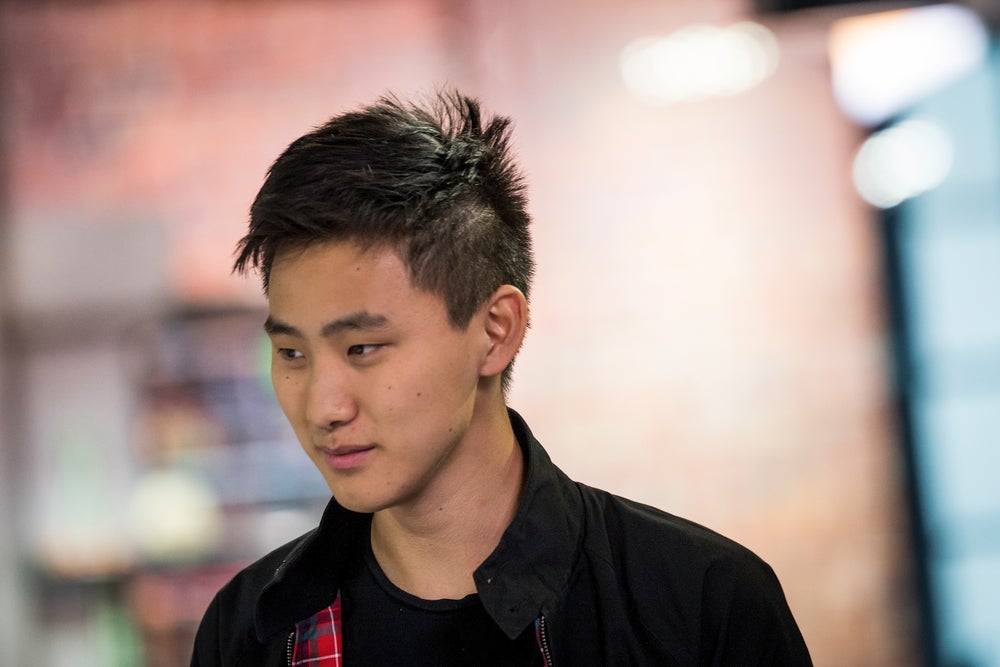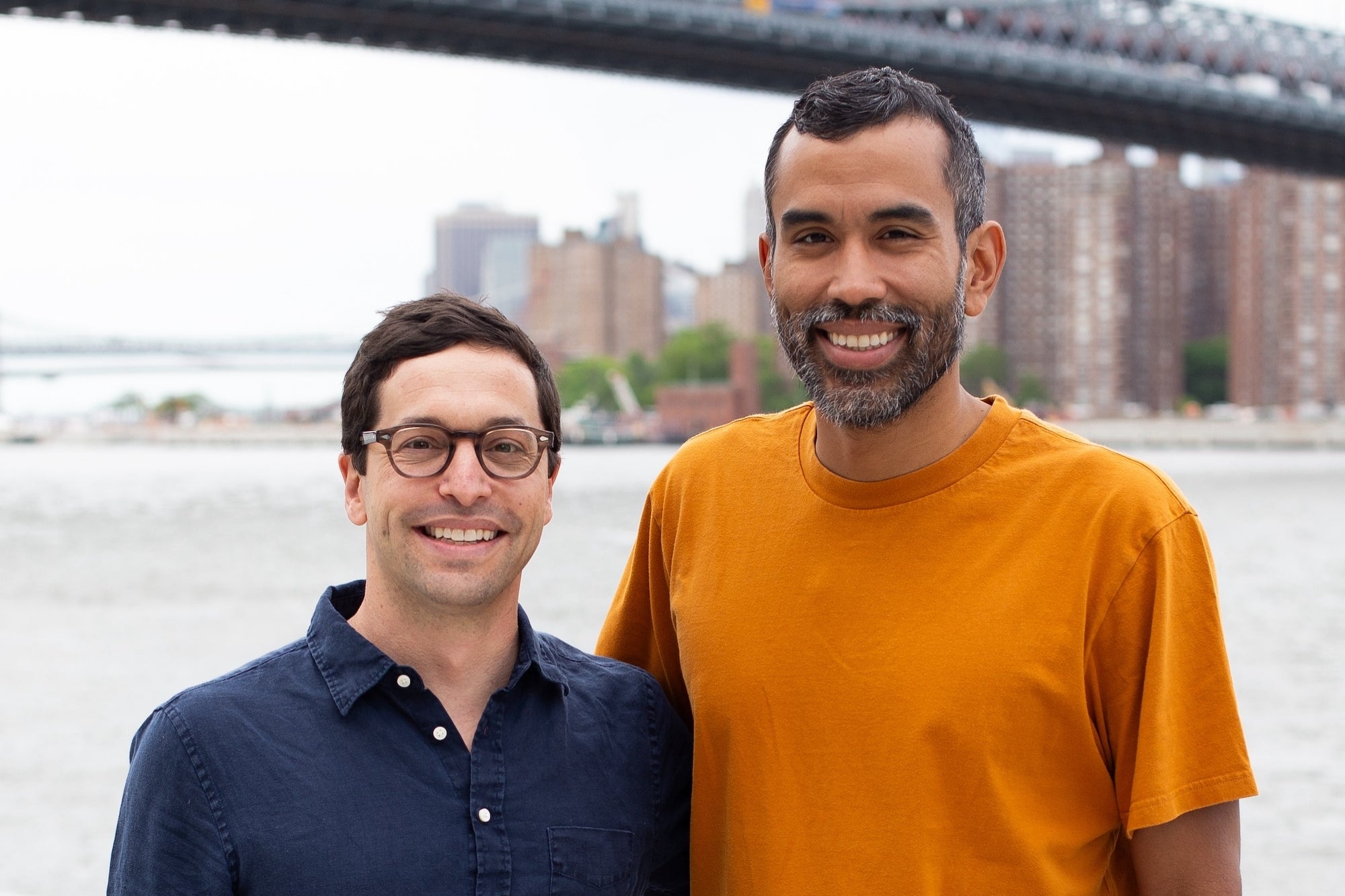Meet Alexandr Wang, the 28-Year-Old Who Went from MIT Dropout to Billionaire Meta Hire: 'I Wanted to Make a Difference' One of the terms of Meta's $14.3 billion investment in Wang's company, Scale AI, was that he joins Meta in a leadership role.
By Sherin Shibu Edited by Melissa Malamut
Key Takeaways
- Alexandr Wang, 28, is the billionaire founder of Scale AI, an AI training data startup.
- Wang told employees in a memo last week that he is leaving Scale AI for Meta.
- Here’s what to know about Wang and his journey from MIT dropout to the world’s youngest self-made billionaire.
Alexandr Wang is leaving Scale AI, the startup he founded in 2016 — that made him the world's youngest self-made billionaire — to join Meta.
Wang, 28, broke the news to employees in a memo that he posted on X on Thursday. Meta is investing $14.3 billion in Scale AI as part of the deal, in exchange for a 49% stake in the startup and access to fresh talent, including Wang. Scale AI's valuation more than doubled from $14 billion to $29 billion due to the investment.
"Opportunities of this magnitude often come at a cost," Wang wrote in the memo. "In this instance, that cost is my departure."
 Alexandr Wang. Photographer: David Paul Morris/Bloomberg via Getty Images
Alexandr Wang. Photographer: David Paul Morris/Bloomberg via Getty Images
Wang will join Meta in a top leadership role in a new division that Meta is calling its Superintelligence lab, and transition from being Scale's CEO to serving as a director on its board, according to The New York Times. Jason Droege, who formerly started and led the Uber Eats business at Uber, will step in as Scale AI's interim CEO.
Who Is Alexandr Wang?
Wang was born in New Mexico in 1997 to Chinese immigrant parents who were both employed as physicists for the U.S. Air Force and the military.
"My parents were brilliant scientists in Los Alamos who accomplished a lot in advancing their field," Wang said in an April 2022 TED talk. "I wanted to work on something as impactful or even more impactful than that. That's why I decided to become a programmer — I wanted to make a difference in this world."
As a child, Wang excelled at math and began competing in national math and coding competitions in sixth grade, per Forbes. He has been playing violin since the age of nine and taught himself how to code, according to Leader Biography.
Related: Goldman Sachs CIO Says Coders Should Take Philosophy Classes — Here's Why
Wang attended Los Alamos High School and graduated a year early. Wang was admitted to the Massachusetts Institute of Technology (MIT) and intended to pursue a Bachelor of Science in Mathematics and Computer Science, according to his LinkedIn page.
What Is Scale AI?
However, before starting at MIT, Wang took a gap year between high school and college and moved to Silicon Valley, and landed a job as an engineer at Q&A site Quora. It was at Quora that Wang met Lucy Guo, a product designer who would go on to be his Scale AI co-founder.
The idea for Scale AI came to Wang when he was still an MIT student, he told El País. He wanted to figure out which of his roommates was stealing his food from the shared refrigerator by installing a fridge camera and developing an AI that could process camera footage. Wang was never able to figure out who was stealing his food, simply because of the sheer volume of video footage, but the experiment taught him the importance of data in unlocking AI insights.
Related: How to Be a Billionaire By 25, According to a College Dropout Turned CEO Worth $1.6 Billion
He started Scale AI with Guo in 2016 at age 19, the summer after his freshman year at MIT, to label and manage data that companies use to train AI models.
"To power AI, you need powerful data, which was especially hard to come by at that time, in 2016, when I was at MIT," Wang said in the TED Talk.
The team was admitted to the summer 2016 batch of Y Combinator, a startup accelerator that has launched companies like Airbnb and Dropbox. Wang became Scale AI's CEO and Guo led its operations and product design teams. Wang dropped out of MIT that summer to pursue the startup, according to VNExpress. In 2018, Guo left Scale AI due to differences in vision with Wang.
What's Next for Scale AI and Meta?
Wang became a billionaire at age 24 in 2021 thanks to Scale's growth and is now still the world's youngest self-made billionaire at age 28, with a net worth of $3.6 billion.
Scale AI now works with the likes of OpenAI, Meta, and Microsoft, according to its site. Scale generated about $870 million in revenue in 2024, per Bloomberg.
With the Meta investment, the company now plans to "accelerate innovation and strengthen strategic partnerships with customers," according to a press release. Scale will also distribute a portion of the investment to shareholders, with the payout based on how much of the company each investor owns.











